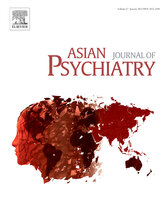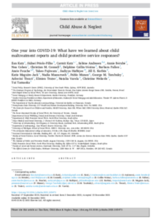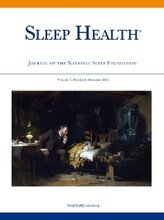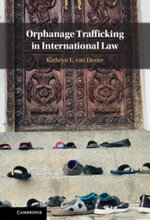Displaying 1321 - 1330 of 10391
This is a comprehensive collection offering accounts of “first hand” lived experiences of young people growing up in some form of residential child and youth care in 19 African countries.
A growing movement of illegally adopted individuals request remedies and reparations for the human rights violations that they and their biological families had suffered. This article explores a number of measures that the stakeholders in the receiving countries can use in an effort to repair the human rights violations caused by illegal intercountry adoptions, borrowing ideas from transitional justice. In order to effectively redress the harm inflicted upon victims of illegal adoptions, a policy on remedies should combine instruments of retributive justice, aimed at holding wrongdoers accountable, with measures of restorative justice that focus on the victims’ needs and interests.
This article explores responses of 41 UK social workers to ethical challenges during the COVID-19 pandemic, utilising UK data from an international qualitative survey and follow-up interviews in 2020. Challenges ranged from weighing individual rights/ needs against public health risks, to deciding whether to follow government/agency rules and guidance.
There are a multitude of stakeholders involved in the protection, education, mental health and psychosocial care of children for children in low- and middle-income countries. This article presents how the current medical and public health models for child mental healthcare, do not adequately address the complexities of child protection and mental health. It argues for mental health professionals to: (a) recognise the role of Adverse Childhood Experiences (ACEs) in mental health morbidity; (b) adopt an alternative approach, namely that of transdisciplinarity, to enable more effective solutions to children’s psychosocial and mental health issues, through systemic reform and transformation.
"Left-behind children" refer to children whose parents or one of them go out to work in the city all year round. Due to the education conditions in the city, they stay alone in the countryside. Because they are separated from their parents all the year round, the lack of good family education in their growth environment has brought many negative effects on their growth and also caused more serious social problems. It can be seen that the research on the family education of left-behind children in rural areas is very necessary. Therefore, this study takes G Village in Guizhou Province as an example. This study includes literature review and a interview of 40 left-behind children and 20 guardians in G Village, Guizhou Province. Also, the physical and mental health and safety hazards of left-behind children and their causes were analyzed.
This study is part of a larger initiative using an international platform to examine child maltreatment (CM) reports and child protective service (CPS) responses in various countries. The first data collection, which included a comparison between eight countries after the pandemic's first wave (March–June 2020), illustrated a worrisome picture regarding children's wellbeing. The current study presents the second wave of data across 12 regions via population data (Australia [New South Wales], Brazil, United States [California, Pennsylvania], Colombia, England, Germany, Israel, Japan, Canada [Ontario, Quebec], South Africa).
The goal of this Call to Action is to draw attention to the sleep health of children residing in alternative care settings. It highlights the need for a more robust evidence base to address major knowledge gaps and outline concrete steps toward building future promising sleep health-promoting practices and policies supporting children residing in alternative care settings.
This study examined the reasons for the pervasiveness of the practice of child abandonment, using the “Skolombo Boys and Lakasara Girls’’ in Calabar, the state capital of Cross River State, Nigeria, as the analytical context.
This book explores the process of orphanage trafficking as a form of child trafficking in international law, examining the contexts in which it occurs and providing a comprehensive, holistic approach to addressing the issue as a form of trafficking
This policy brief summarises the policy context, as well as the key findings and recommendations from the analysis of the national responses to the DataCare survey across Europe. More detailed information can be found in the full research report: Better Data for Better Child Protection Systems in Europe: Mapping how data on children in alternative care are collected, analysed, and published across 28 European countries, which includes a full set of country profiles.










